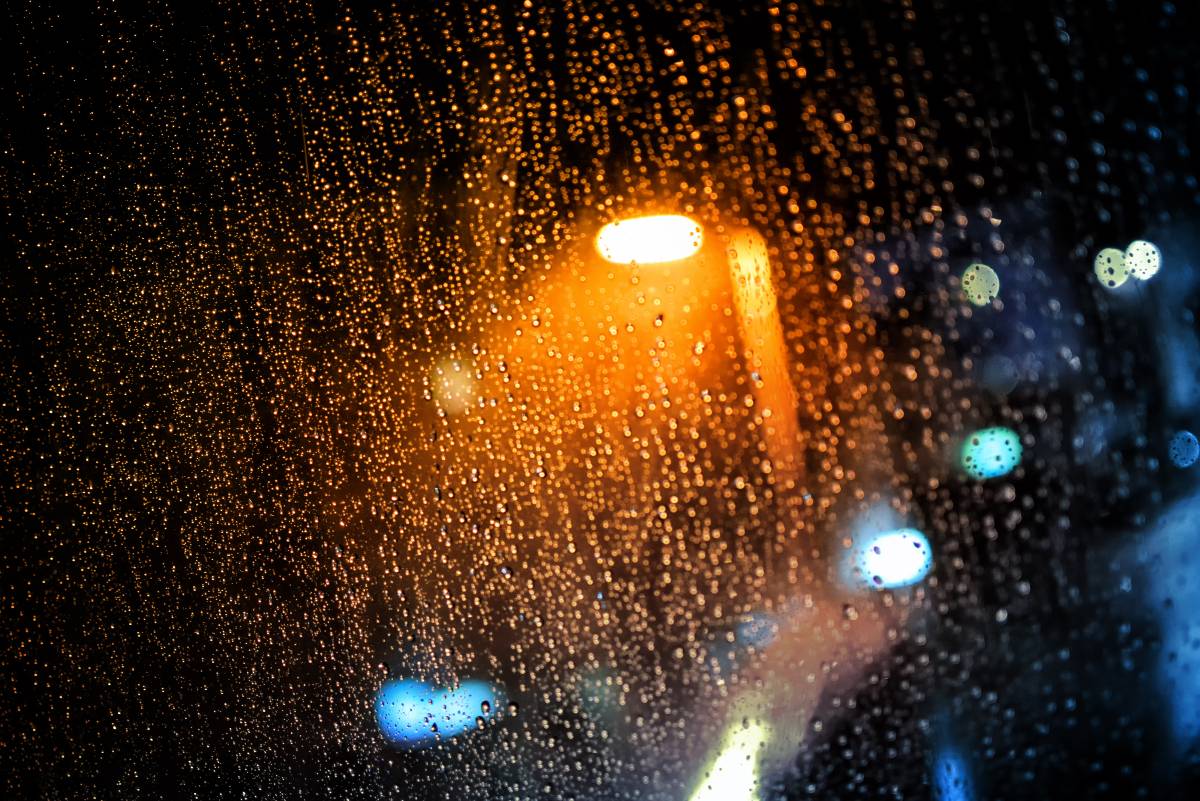Solar energy is a powerful, clean source that is used throughout our modern lives; from generating electricity to running batteries. Our SoLight solar lights are designed to work perfectly for years, harnessing energy from the sun to keep your outside space illuminated.
- But – what happens in the winter?
- Do fewer hours of sunlight mean dimmer lights?
- Will your garden lights stop working in bad weather?
In this article, the SoLight experts have compiled our answers to some of the most frequently asked questions about solar lights – to share everything you need to about solar outdoor lights, and how they work year-round!
What is ALS Technology, and How Does it Work in Solar Lights?
First off, let’s explain the design behind our solar lights, and how we leverage ALS tech to make sure they run reliably, whatever the weather.
- ALS stands for an adaptive lighting system.
The adaptive nature means that your lights respond automatically to weather conditions – without your needing to lift a finger or programme them in any way! It works by autonomously managing the brightness emitted by your LED bulbs, securely built into your solar lights. That means that, if for any reason, the battery hasn’t been able to charge to its maximum capacity, the lighting system responds to conserve energy.
ALS is a core technology at the heart of SoLight designs. It means that our customers have the absolute assurance that their lights will shine brightly, require minimal maintenance, and adapt smartly to the weather and the seasons. We won’t bore you with details of wiring and sensors, but you’re probably a lot more familiar with ALS than you realise!
This tech is used in millions of applications, and so is reliable and trustworthy. Your car headlights that dim down when the sun peeks out from behind a cloud? That’s ALS. The way those same lights angle when you turn a corner, so you can always see what’s coming? Also ALS.
Flexibility is always vital, since no two days are the same, and even the hottest summers might have a few days of rainfall! Using ALS in our solar lights means they are primed for performance at all times.
Do My Garden Solar Lights Need a Minimum Amount of Sunlight?
They don’t no – and it’s a common misunderstanding that, if you’re looking to increase security on your property, or illuminate a public area, for example, it’s only going to be suitable for periods of the year when we’re blessed by hours of sunlight.
What is correct is that the more sun exposure your garden lights receive, the more they will charge.
Solar batteries are rechargeable. Rather than plugging into mains electricity, they absorb sunshine through the solar panels and convert that energy into power, which is stored within the battery unit. In total, after an average of six to nine hours of sunlight, your garden solar energy batteries will be fully charged, to their maximum capacity.
SoLight offers a broad range of lights, each with robust LEDs, designed to either add ambience or flood your space with lighting, depending on your requirements.
As a few examples:
- Our Solar Barn Light Uranus Series requires only five to six hours of sunlight to reach maximum capacity charge through a Li-ion battery.
- The Halo Landscape Light requires nine hours for a full charge with automatic day and night sensors and a powerful Lithium-ion battery.
- SoLight’s pretty Pearl 2 Garden Light will be charged in just five hours and has the flexibility to step down to 25% illumination to conserve energy.
These lighting systems incorporate ALS in several ways to offer advanced functionality. Even if the solar energy battery isn’t fully charged, the lights will illuminate when the sensors detect nightfall.
Suppose a battery isn’t at maximum capacity. In that case, it will run at full power for five hours, and then step down the brightness very slightly to remain lit, with a minimal reduction in the LED light emissions.
In practise, that means that even in the following weather conditions, your solar lighting systems will work seamlessly, and will never switch off, fail to turn on, or stop working:
- Low-level light conditions.
- Poor spells of weather.
- Shorter hours of sunlight in winter.
This reliability is essential, particularly in solar security lights. The SoLight team is delighted to offer warranties on every product, giving you the peace of mind that your lights will always operate soundly, even when weather conditions have produced a lower battery charge.
How else are SoLight Garden Lighting Systems Adapted to the Weather Conditions?
Great design means exacting attention to detail – and that’s precisely what we do!
ALS means complete reliance, and knowing that your security lights will work regardless of the weather. We’ve also built in some other innovative functions that make our solar lights ideal for the weather conditions in South Africa.
- All SoLight solar energy systems are waterproof to IP65 standards – this is an accreditation that guarantees your lights are protected from splashes, rainfall and spills, and won’t ever be damaged by water.
- Automatic sensors ensure that lights automatically know when it is day or night, and switch on or off, or adjust their illuminations, without any need to press buttons or change the settings on your system.
- Professional standard LED bulbs offer a range of lighting strengths and require minimal maintenance backed by warranties of at least two years.
- Temperature Control System (TCS) technology works alongside ALS for optimal performance. TCS protects the internal solar energy battery from overheating, and safeguards against extreme temperatures – both hot and cold. That extends the life of the battery and makes sure your lights will work effortlessly even on the hottest days or coldest nights.
We aim to create the finest garden solar lights, packed with advanced technology and functionality – all contained within premium designs, beautiful garden lights, and robust security floodlights!
Technology works harder, so you don’t have to. Choosing SoLight solar lights for your outdoor space is an investment in contemporary lighting solutions that are designed to handle whatever the weather can throw at them.





